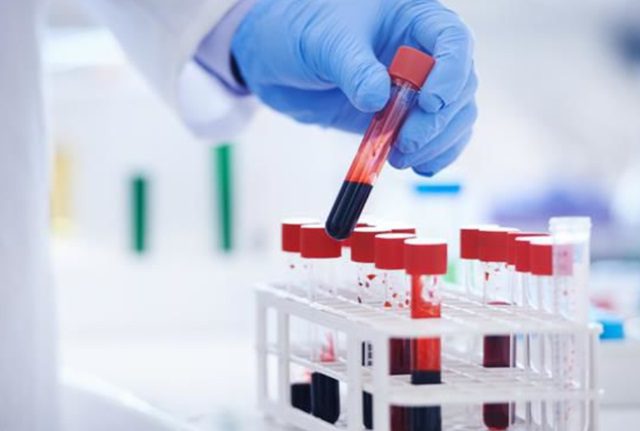BTN News: Scientists create blood tests to detect rare neurological diseases A new approach to blood tests could use gene expression rather than specific markers for the system of conduits that stores and circulates CSF. Developed by the German Center for Neurodegenerative Diseases (DZNE), the new method has potential to diagnose conditions including frontotemporal dementia (FTD), amyotrophic lateral sclerosis (ALS) and progressive supranuclear palsy (PSP), measuring targeted blood proteins as biomarkers. The results, reported in the journal Nature Medicine, represent a major step forwards in neurodegenerative disease diagnosis.
Breakthrough in Neurodegenerative Disease Detection
The novel blood markers could be useful in detecting frontotemporal dementia (FTD) as well as other neurological diseases such as amyotrophic lateral sclerosis (ALS) and progressive supranuclear palsy (PSP). These diseases have similar overlapping symptoms, including dementia, behavioral changes, paralysis where neuronal cells die, muscle atrophy, and movement problems, which makes it difficult to identify the exact disease.
Lessons and Cooperation in Research
In the study with participation of the University Hospital Bonn (UKB) and research institutions in Germany and Spain, data and blood samples of a total of 991 adults were investigated. They showed that a blood test could distinguish between PSP, the behavior-based FTD and more than half of all ALS cases, as all come from the rope vein lying beneath the surface. The finding is the first example of pathology-specific biomarkers identified in the diseases.
Current Diagnostic Challenges
There are currently no cures for these disabling diseases, and available diagnostic techniques are limited. Definitive determination of the molecular pathology generally necessitates the examination of brain tissue after death. Professor Anja Schneider, research group leader at DZNE and also, associated with the University of Bonn, emphasized the inadequacies of existing diagnostics and the effect on the following blood test procedure.
Future Implications
Professor Schneider is optimistic about future use of this new knowledge. The biomarkers are expected to be used initially for research and developing therapies. But she hopes that eventually these biomarkers might be a part of routine medical diagnostics, which would be a real move forward for early detection and management of neurodegenerative diseases.
Conclusion
In a game-changing discovery, researchers have mapped the entire nervous system of a worm to a degree of detail never achieved before, providing a new platform for the diagnosis of obscure and multi-faceted neurological disorders. Blood-based biomarkers have the potential to be one of the most impactful methods for the advancement of research and outcomes for patients with neurodegenerative disorders in the early detection thereof.


